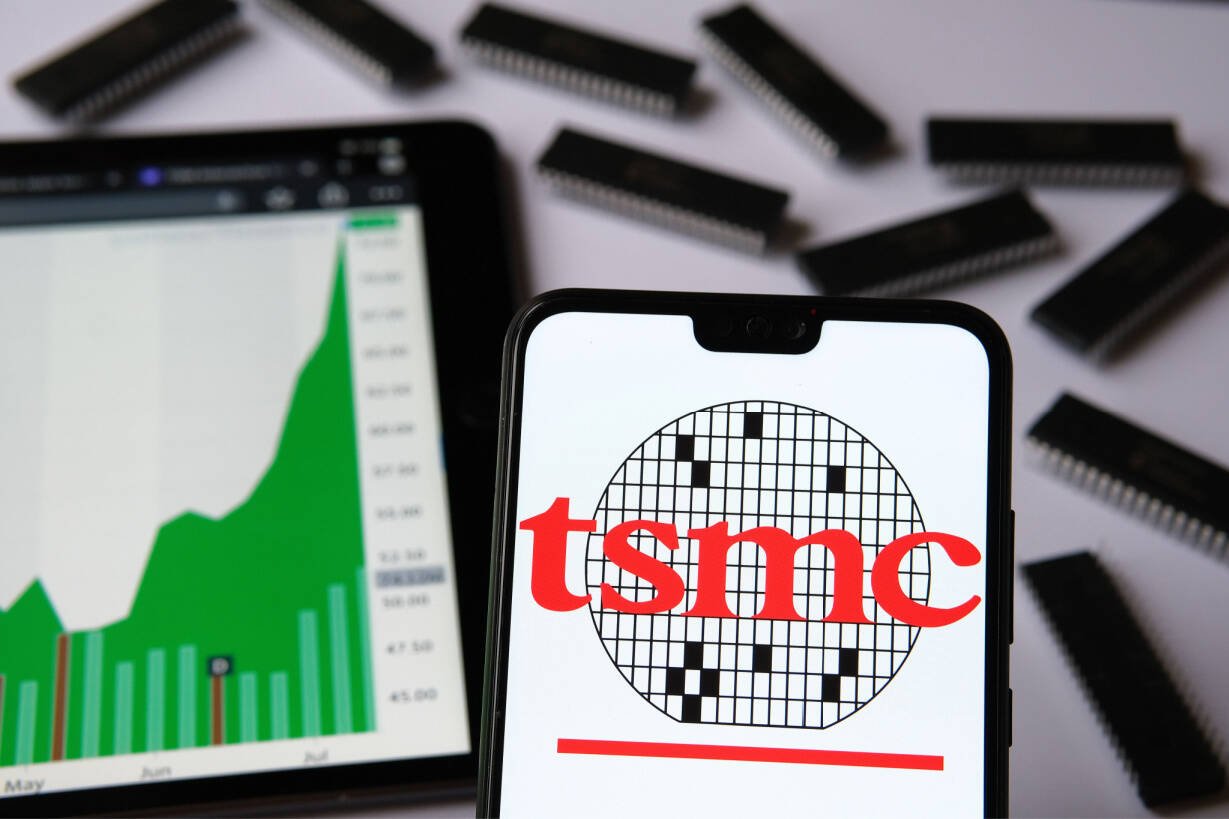Complaint filed by Daedalus Prime – wasn't he a Transformer?

www.theregister.com
Intel must have been very financially strapped to actually sell these patents to a non-practicing entity, who is now using them to sue TSMC and Samsung, as well as Qualcomm. It's a pity, perhaps Intel could have handled them better, if it had know about the possibility.
The scope is pretty significant as well, all the FinFET nodes.
Is Intel desperate? Probably yes.
Is Intel so naive to sell the FinFet related patents? Definitely not.
Pat Gelsinger and his team know very well that there are only four companies, TSMC, Samsung, Globalfoundries, and Intel, who are using FinFet technology in the manufacturing. Obviously Daedalus Prime is not one of them. Intel knows Daedalus Prime can only gain profit through licensing and lawsuits.
On the other hand, Intel can't easily sue other semiconductor companies based on such patent claims because other semiconductor companies (IDM, fablite, fabless, and foundries) may use their own patents to file countersuits against Intel. It will be very ugly and Intel can't predict the final outcome. Instead Intel uses Daedalus Prime as the frontman to do the work.
Other thoughts:
1. Even after transferring the patent to Daedalus Prime, Intel may still hold certain rights to overrule who Daedalus Prime is allowed to sue. Under the Intel new IDM 2.0 strategy, Intel may use external foundries to supplement its own fabs. It will be silly if XYZ foundry postponed or stopped the product delivery to Intel due to Daedalus Prime's lawsuits. Intel also needs to avoid being sued by Daedalus Prime because Intel is acquiring a company that is a Daedalus Prime's target.
2. Then why is TSMC sued by Daedalus Prime while TSMC is an important partner for Intel's recovery?
Probably Pat Gelsinger thinks applying the maximum frontend and backend pressure can force partners, suppliers, and customers to yield to Intel's wish. Pat Gelsinger believes Intel is strong enough to burn the bridge if necessary.
3. Then why is Globalfoundries not sued by Daedalus Prime? Is Intel acquiring Globalfoundries?
4. Then why is Qualcomm sued by Daedalus Prime? Qualcomm is a customer of the new Intel Foundry Service (IFS). Isn't it risky?
Pat Gelsinger probably thinks it can force Qualcomm to place more orders at IFS instead at Samsung or TSMC.
And see #2 above.
5. Then why is Apple not sued by Daedalus Prime while Qualcomm is?
Is Apple too big to allow Intel to burn the bridge? Or Intel hopes Apple is coming back to be an Intel customer soon?
6. Intel may get a cut from the profit generated by Daedalus Prime's lawsuits related to those Intel's old parents. If not, this potential windfall should be already priced into the contract when Intel sold the patent to Daedalus Prime.

